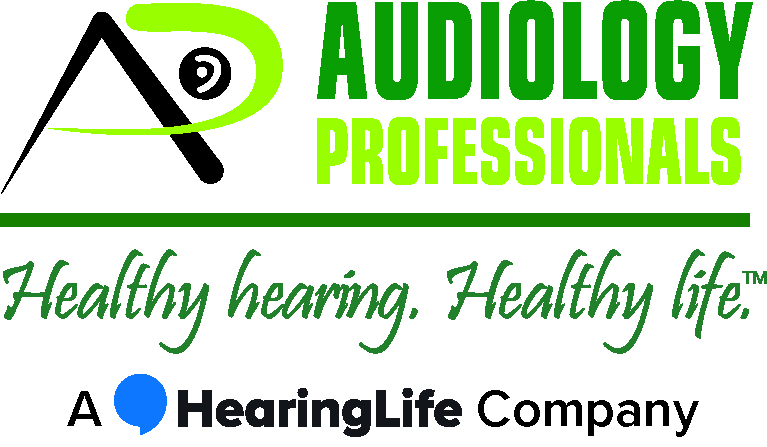Ready to take to the skies for your next vacation? While the anticipation builds up, it’s important to remember that flying can sometimes pose challenges for our ears.
Protecting your ears from discomfort or potential damage during flights is as important as packing your passport. Here’s how you can ensure a comfortable journey for your ears.
Understanding Air Pressure Changes
One of the common issues travelers face is discomfort in their ears caused by rapid changes in altitude, leading to a pressure imbalance. Understanding the science behind air pressure changes can help us adopt suitable strategies to protect our ears.
As an airplane ascends or descends, the air pressure outside the body changes rapidly. However, the air pressure inside the body, specifically in the middle ear and the Eustachian tubes (small channels connecting the middle ear to the back of the nose), adjusts more slowly. This can cause a pressure imbalance.
In scientific terms, this occurs due to Boyle’s law, which states that the pressure and volume of a gas have an inverse relationship when the temperature is kept constant. When a plane ascends, the external pressure decreases, and the air trapped in your middle ear becomes greater than the air pressure outside. This pressure difference pushes your eardrum outward, leading to a feeling of fullness or discomfort in the ears, and sometimes even temporary hearing loss.
On the other hand, during descent, the external pressure becomes greater than the pressure inside your middle ear. This greater outside pressure pushes the eardrum inward, causing similar discomfort.
The Eustachian tubes play a crucial role in maintaining an equal balance of air pressure between the outside environment and the middle ear. These tubes, in normal situations, are closed, but they open when we yawn, swallow, or chew, allowing the air to flow into or out of the middle ear, balancing the air pressure on either side of the eardrum.
However, when the external pressure changes rapidly during takeoff or landing, the Eustachian tubes may not be able to adjust quickly enough, resulting in a pressure imbalance, which is often referred to as “airplane ear” or “barotrauma.”
Protecting Your Ears When You’re Flying
Along with understanding how pressure changes can impact your ears when flying, there are steps you can take to protect your hearing health. These include the following:
Use Earplugs
As we fly, specialized earplugs designed specifically for air travel can prove to be valuable assets in combating the discomfort caused by changing air pressures.
These specialized earplugs function differently from regular earplugs, which are primarily designed to reduce noise. While they also provide noise reduction, the main purpose of travel earplugs is to moderate the rate at which air pressure changes in the ear.
By integrating specialized travel earplugs into your flight routine, you can experience a more comfortable and enjoyable journey, free from ear discomfort.
Practice The Valsalva Maneuver
The Valsalva maneuver involves gently blowing out with your nose pinched and mouth closed, which can help regulate the pressure in your ears. This simple trick can be a lifesaver during ascent and descent.
Stay Hydrated
Drinking plenty of water before and during your flight can keep your body hydrated and your mucous membranes moist. This can help your Eustachian tubes function properly and equalize pressure more effectively.
Use Decongestants or Nasal Sprays
If you have a cold or sinus infection, flying can exacerbate ear pain. Use a decongestant or a nasal spray before the flight to ensure your Eustachian tubes are not blocked and can regulate the pressure effectively.
Yawn and Swallow
Yawning and swallowing activate the muscles that help your Eustachian tubes open, alleviating pressure. Chew gum, suck on a sweet, or take sips of water, especially during takeoff and landing.
Avoid Sleeping During Ascents and Descents
Sleeping during takeoff and landing can cause pressure to build up in your ears as you are not swallowing or yawning. Try to stay awake during these times to keep your Eustachian tubes active.
By keeping these tips in mind, you can prevent discomfort and potential damage to your ears during flights. After all, the journey should be as enjoyable as the destination itself!
Safe travels and don’t forget to take good care of your ears!
Get Your Hearing Checked & Contact Us Today!
Want to get your hearing checked? If you would like to speak with one of our hearing care professionals, get in touch today. Contact the Audiology Professionals team by calling (541) 228-9233. Alternatively, click here to contact us online.
